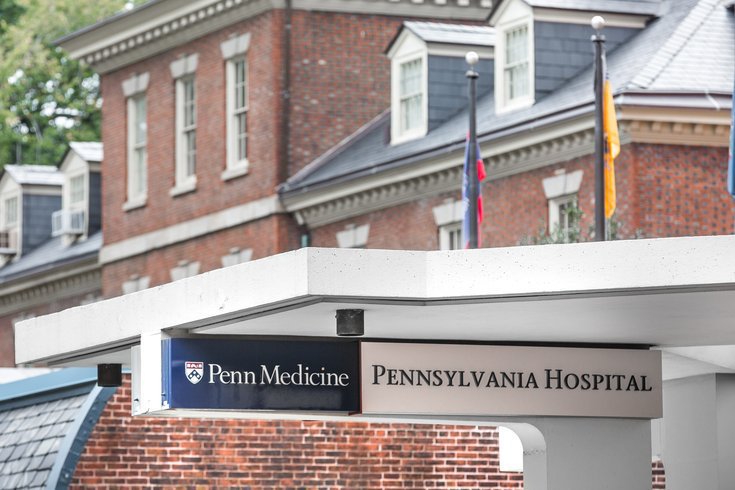
July 19, 2021
 Thom Carroll/for PhillyVoice
Thom Carroll/for PhillyVoice
Penn Medicine's Cardio-Oncology Translational Center of Excellence received $2.9 million in funding from the American Heart Association for the analysis.
Scientists from the University of Pennsylvania will lead a nationwide effort to learn more about why cancer patients and survivors from Black and Hispanic communities are more susceptible to developing heart disease — and how to address that disparity.
Penn Medicine on Monday announced that its Cardio-Oncology Translational Center of Excellence was awarded $2.9 million from the American Heart Association to fund the project, which will be carried out over the next four years by 30 researchers around the country.
With a scarcity of evidence in cardio-oncology, the team hopes to "define how the sociologic construct of race and genomic ancestry are associated with and determine cardiotoxicity in breast and prostate cancer," said Dr. Kevin Volpp, director of the Penn Center for Health Incentives and Behavioral Economics.
"Using a range of innovative approaches like gamification and digital health, we want to deliver new ways to bridge disparities in care in historically underserved Black and Hispanic cancer survivors," Volpp added.
Of the approximately 17 million cancer survivors alive today, nearly half have been diagnosed with either breast or prostate cancer, according to Penn Medicine.
In Philadelphia, a 2016 study from Drexel University showed Black women and men had a higher cancer mortality rate than the city's white and Hispanic communities, especially with regards to cancer of the breast and prostate. A possible contributing factor: Black women are less likely than white women to have their surgeons or oncologists recommend genetic testing that can be crucial in identifying warning signs early, according to a 2016 study published in the Journal of Clinical Oncology.
Prostate cancer is the most commonly diagnosed cancer among Hispanic/Latino men in America, according to the Prostate Cancer Foundation. They comprise more than 1 in 5 of all new cancer diagnoses, with nearly 14,000 new cases and 2,000 deaths annually.
"Hispanic/Latino men diagnosed with prostate cancer also appear to be more likely to be diagnosed at a younger age, and with higher risk disease," the foundation's website says. "Moreover, a study based on cancer registry data from California showed that Hispanic/Latino men with high risk localized disease are less likely than non-Hispanic white men to receive guideline definitive treatment."
As part of the study, researchers are partnering with Meharry Medical College in Nashville, Tenn. — the nation's largest, private, historically Black academic health sciences center — to create a summer program for medical students of color. By developing a diverse generation of health professionals alongside a training curriculum that emphasizes empathy, cultural humility and competency, those involved in the project believe it will make care more equitable in the long run.